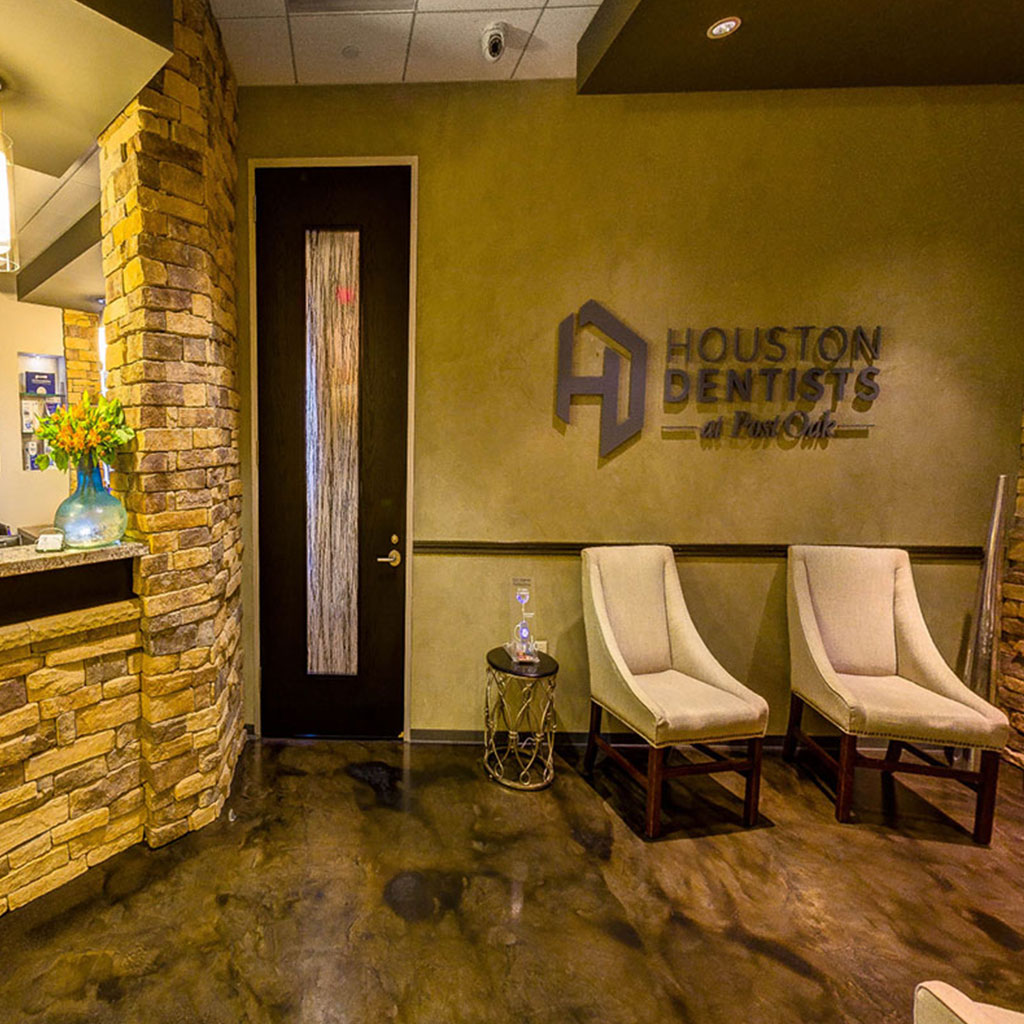A broken tooth can be an alarming experience, whether it’s a small chip from biting into something hard or a more serious fracture caused by trauma. The immediate…

I wish my teeth weren’t so white,’ said no one ever. Reality is that we’d all like to have whiter and brighter smiles, and we’d like to do it without breaking the bank. It’s a quest that leads many astray to DIY home whitening methods that may be doing more harm than good.
Common DIY Teeth Whitening Options That May Not Be So Great
There’s a plethora of at-home ‘teeth whitening’ recipes and products going viral on the internet today. It must be safe if it’s on the internet, right? Sadly, no. The majority of the teeth whitening claims by DIY products and recipes aren’t backed by scientific evidence showing safety and effectiveness, and the few that do have unbiased scientific research by qualified professionals don’t favor the claims. In fact, professional orthodontists and dentists warn against them.
Let’s break apart the fact and fiction about three of the most common DIY whitening techniques:
1. Scrubs
In the past, scrubs were mainly baking soda and/or hydrogen peroxide pastes. Today, a new player exists – activated charcoal, and it may be the worst of them all. The premise is to scrub your teeth to make your smile whiter. The reality is you could be left with yellow teeth.
The Journal of the American Dental Association makes it very clear that charcoal has no evidence to support any claims that it’s safe and effective to use on your teeth, much less “scrub” them with it. They recommend industry professionals to warn patients against unproven claims of safety and efficacy and council them to use charcoal-based dentifrice with extreme caution.
It’s one thing for a product not to live up to its claims and be a waste of money, but it’s another when you should use extreme caution.
The cautionary warning is due to the extreme abrasive nature of charcoal and/or scrubbing. This can easily wear away the protective enamel of your teeth, which happens to be the part you’re intending to whiten. As a result, you leave the underlying layer of your teeth exposed. Ironically, this layer, called dentin, is softer and yellow. Your teeth are at a significant risk of appearing even less aesthetically pleasing than beforehand.
2. Fruits
This is another viral whitening and brightening remedy. It uses common household ingredients to make what many label a “natural” teeth whitening concoction. From lemons and oranges to apple cider vinegar, pantry stables are mixed with baking soda and applied to the teeth.
While the ingredients may be natural and perfectly safe to consume, that doesn’t equate to safety when left on your teeth. Fruits and vinegar are acidic. Baking soda is abrasive. When combined, you can be left we scuffed teeth that are even more easily eroded by the acids they come into contact with, and this causes you to lose enamel.
Without adequate enamel, we already know teeth appear yellow. But, did you also know that lack of enamel causes cavities and tooth sensitivity?
3. Spices and oils
According to DIY teeth whitening guides, you can mix coconut oil, baking soda, and turmeric for yet another “natural” teeth whitening trick. This one you swish or scrub.
Before following any DIY teeth whitening guide, you should do your due diligence in vetting the author. Is this person a licensed dentist? Most likely not if they’re recommending spices and oils.
Again, the abrasive nature is harmful. There’s also no reliable scientific evidence to support the effectiveness nor safety of spice and oil claims.
What Are Your Best & Safest Teeth Whitening Options?
If you want a proven, reliable, safe, and efficient way to whiten your teeth naturally, then try the following recommendations by dental professionals:
- Brush teeth after each meal and between snacks for at least two minutes.
- Look for whitening toothpastes accepted by the ADA , which will have a seal of approval right there on the label.
- Floss between teeth at least once per day.
- Avoid teeth-staining substances such as tea, red wine, ketchup, artificially colored drinks, coffee, and tobacco.
- Keep regular checkup and cleaning appointments with your dentist, and ask for oral care and product recommendations specific to your unique oral health.
If You Want Whitening… Go With The Pros
As you can see above, DIY whitening is as potentially ineffective as it is harmful in many cases. DIY products, or rather kits, that you can buy over-the-counter on a store shelf may be effective when directions are followed, but you may want to choose professional whitening from Houston Dentists at Post Oak if you want the strongest, safest whitening possible.
Dental office custom whitening trays offer a precise fit to cover your teeth. The product itself is also different in that it’s a higher concentrate than you’re allowed to purchase over-the-counter. If you prefer, your dentist office can even send you home with a tray of strips in this stronger concentrate. Of course, you also have professional-grade bleaching via lasers or light as an option.






